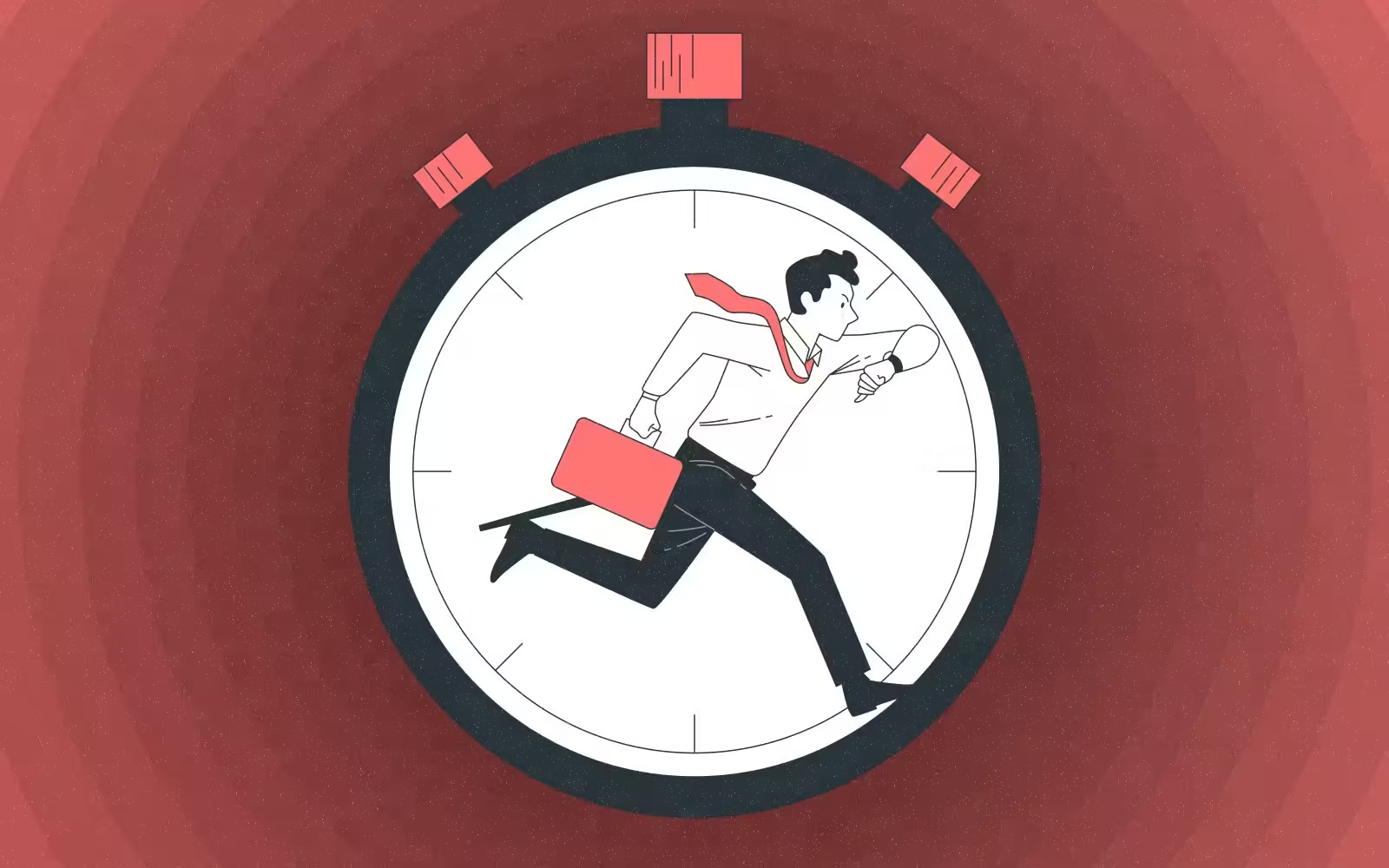In a tale that seems more fitting for the pages of a satirical novel than the annals of real-life royalty, King Charles found himself spending a royal eternity—24 hours to be precise—on a hospital trolley, tucked away in a corridor like a forgotten relic from a bygone era. Yes, dear readers, you read that right: even kings aren’t immune to the perils of NHS waiting lists. And while this may sound like the setup for a punchline, the reality is far from funny. It’s a stark reminder of the dire state of healthcare in the UK and the urgent need for government action to address the systemic issues plaguing the National Health Service.
Picture this: His Royal Highness, King Charles, resplendent in his regal robes and crown jewels, languishing on a hospital trolley like a commoner in the midst of a crowded corridor. It’s a scene straight out of a Monty Python sketch, with absurdity and indignity blending together in a twisted tableau of royal misfortune.
But behind the laughter lies a sobering truth: King Charles’ ordeal is far from an isolated incident. It’s a symptom of a healthcare system stretched to its breaking point, with waiting lists growing longer by the day and patients left languishing in limbo as they wait for life-saving treatment.
The NHS, once the envy of the world, is now a shadow of its former self, struggling to cope with ever-increasing demand and dwindling resources. Years of underfunding, mismanagement, and neglect have taken their toll, leaving hospitals overwhelmed and staff overstretched.
And while King Charles’ brush with NHS bureaucracy may have captured headlines, the reality is that thousands of ordinary Britons face similar ordeals every day. From the elderly pensioner waiting months for a hip replacement to the young mother struggling to get her child seen by a specialist, the human cost of NHS waiting lists is immeasurable.
So, what’s to be done? How can we fix a broken system that seems beyond repair? The answer, dear readers, lies not in empty promises or political rhetoric, but in concrete action and meaningful reform.
First and foremost, we need increased funding for the NHS, plain and simple. It’s time for the government to put its money where its mouth is and invest in our healthcare system to ensure that patients receive the timely and high-quality care they deserve.
Secondly, we need to address the root causes of NHS waiting lists, whether it’s a shortage of hospital beds, a lack of qualified staff, or inefficiencies in the referral process. This will require a comprehensive overhaul of how healthcare is delivered in the UK, with a focus on streamlining services and reducing bureaucracy.
Finally, we need to prioritize preventative care and early intervention to reduce the demand on NHS services in the first place. This means investing in public health initiatives, promoting healthy lifestyles, and tackling the underlying social determinants of health.
Of course, none of these solutions will be easy or straightforward. But if we truly value the principles of equality, compassion, and solidarity that underpin the NHS, then we must be willing to roll up our sleeves and do the hard work necessary to fix it.
As for King Charles, his royal ordeal may have come to an end, but his trolley tale serves as a powerful reminder of the urgent need for change. Let us not squander this opportunity to finally fix the NHS and ensure that no one—royalty or commoner—is left languishing on a hospital trolley in the corridor of despair.
Share This Story
Recommended For You
Now loading...






